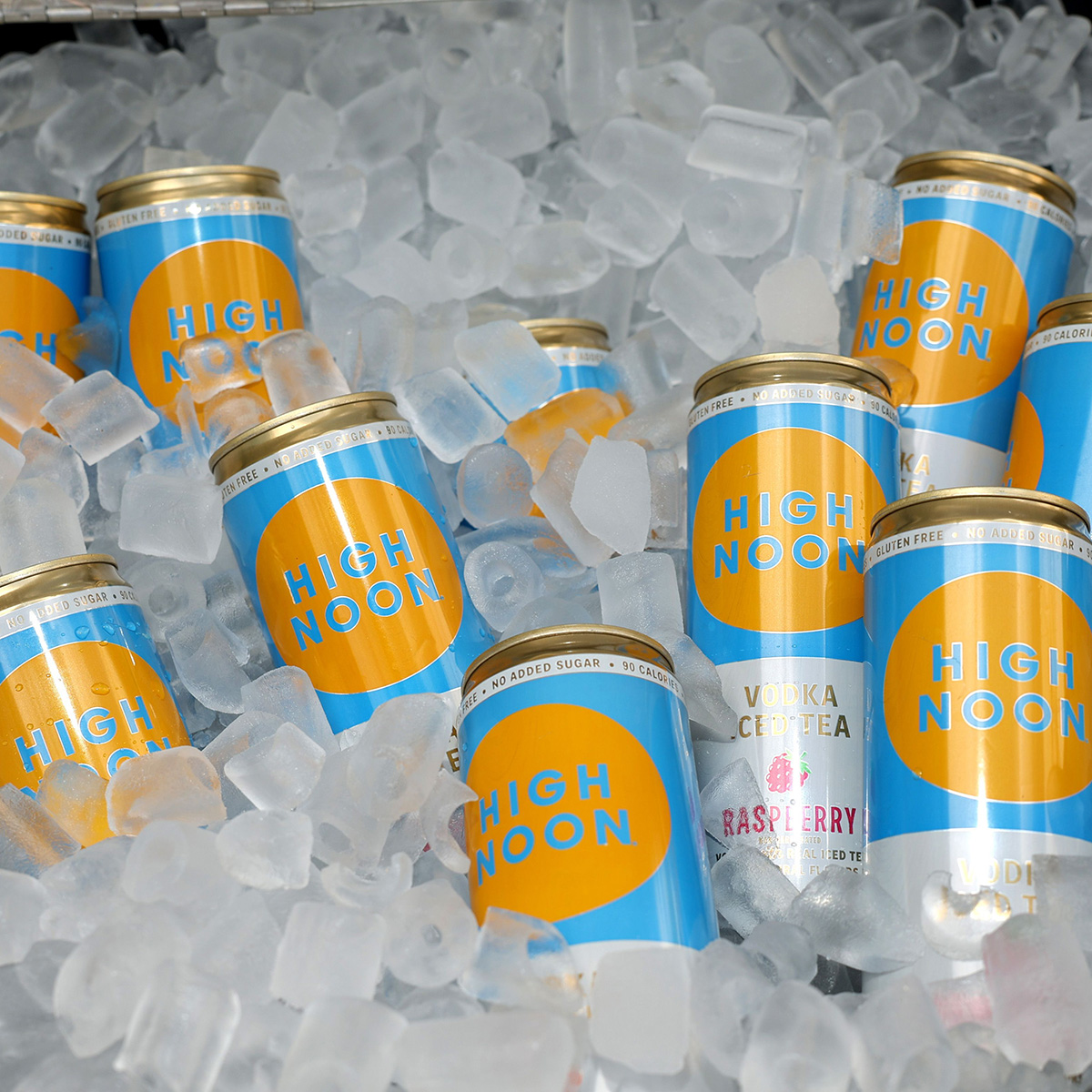The landscape of consumer goods has seen a notable surge in food recalls and product safety concerns, placing the Food and Drug Administration (FDA) in a constant state of vigilance. These incidents, ranging from minor mislabeling to serious contamination risks, highlight the critical importance of product safety within the vast food industry. For consumers, staying abreast of these developments is paramount for health and well-being.
A recent bewildering incident involved a significant mix-up where High Noon vodka seltzers were inadvertently packaged in cans intended for Celsius energy drinks. This error, stemming from a shared packaging supplier, led to alcoholic beverages being sold under the guise of non-alcoholic energy drinks, triggering immediate consumer alerts and an urgent recall.
The mislabeling issue specifically involved CELSIUS® ASTRO VIBE™ Energy Drink, Sparkling Blue Razz Edition cans with silver tops, found to contain High Noon vodka seltzer. This unfortunate oversight underscored how logistical complexities in supply chains can directly impact product safety and consumer trust, necessitating swift action by both the involved brands and regulatory bodies like the FDA.
Beyond beverages, the recall phenomenon extends widely to perishable goods. A stark reminder came in 2016 when the FDA issued FDA warnings and recalled dozens of frozen vegetable products due to potential listeria bacteria contamination. This widespread recall affected major grocery chains across the United States, including Kroger, Publix, Trader Joe’s, Target, and Walmart, underscoring the broad reach of food recalls.
More recently, in July 2025, New Mexico Piñon Coffee initiated a serious recall of its products. While specific details of the reason for the recall are still emerging, such instances further emphasize the ongoing challenges faced by the food industry in maintaining stringent quality control measures and ensuring product safety for consumers.
The food industry also saw Starbucks pulling its signature Frappuccino bottles from grocery shelves in 2023. This significant recall involved approximately 25,000 cases, or 300,000 individual bottles, that were at risk of containing traces of broken glass. Such incidents necessitate quick consumer alerts and illustrate the constant need for brand accountability even from globally recognized companies.
In 2022, General Mills faced intense scrutiny regarding its popular Lucky Charms cereal after over 3,000 customers reported gastrointestinal issues post-consumption. Despite the widespread consumer alerts and public concern, the brand maintained that internal investigations found no conclusive evidence linking consumer illness to the cereal, highlighting the complexities in determining causality in large-scale food recalls.
These recurring incidents collectively serve as a powerful reminder of the paramount importance of robust product safety protocols and transparent communication from manufacturers. The swift issuance of FDA warnings and subsequent recalls are vital mechanisms to protect public health and ensure brand accountability across the board, from small-scale producers to multinational corporations.
Ultimately, the continuous stream of food recalls underscores a critical partnership between regulatory bodies, the food industry, and informed consumers. Vigilance, adherence to strict safety standards, and effective consumer alerts are indispensable in safeguarding the integrity of the food supply chain and maintaining public confidence in the products they consume daily.






Leave a Reply